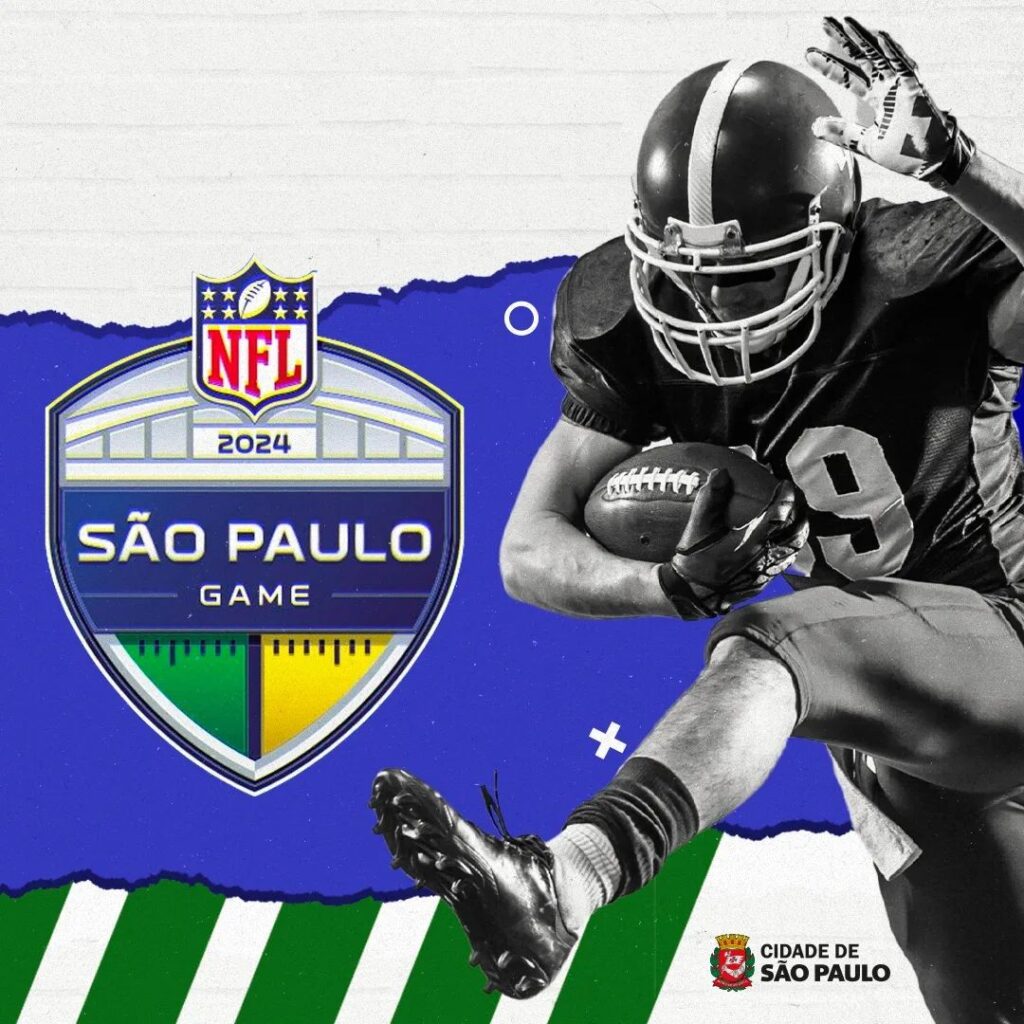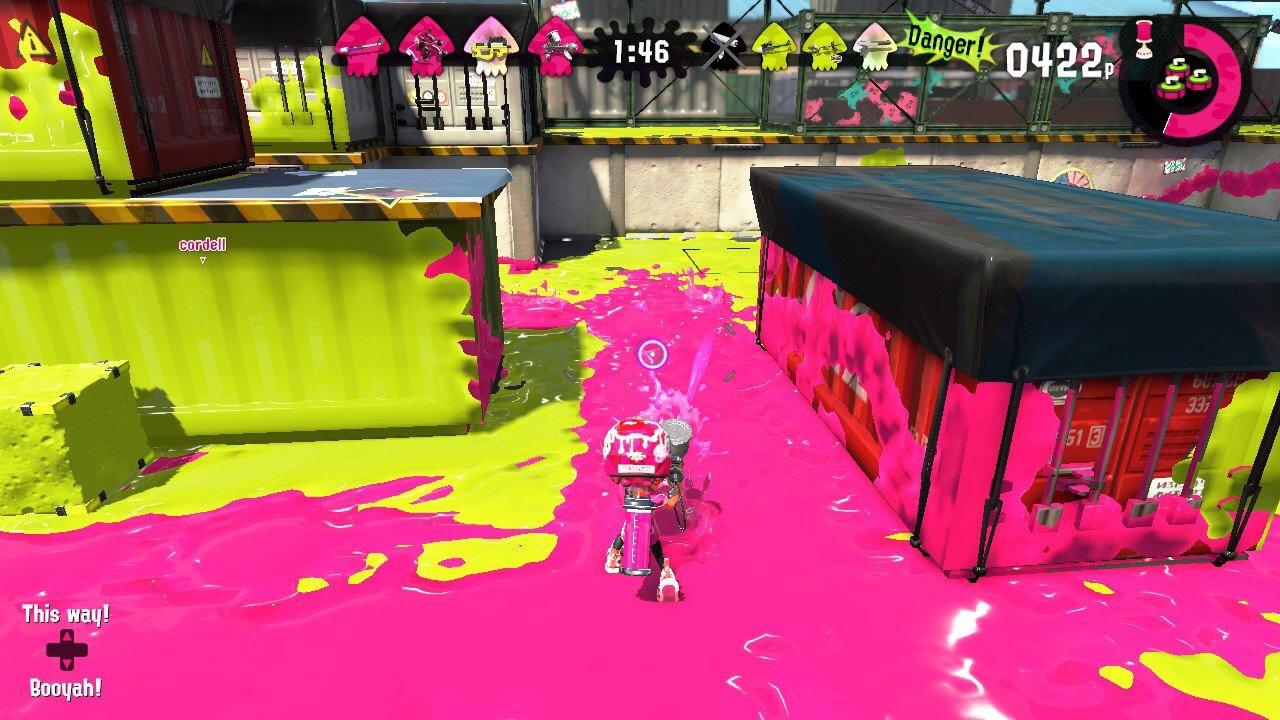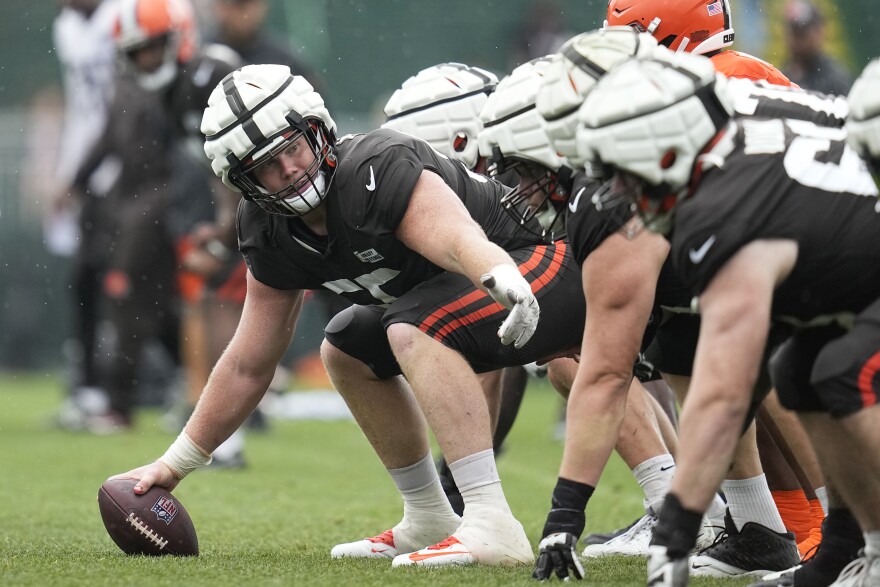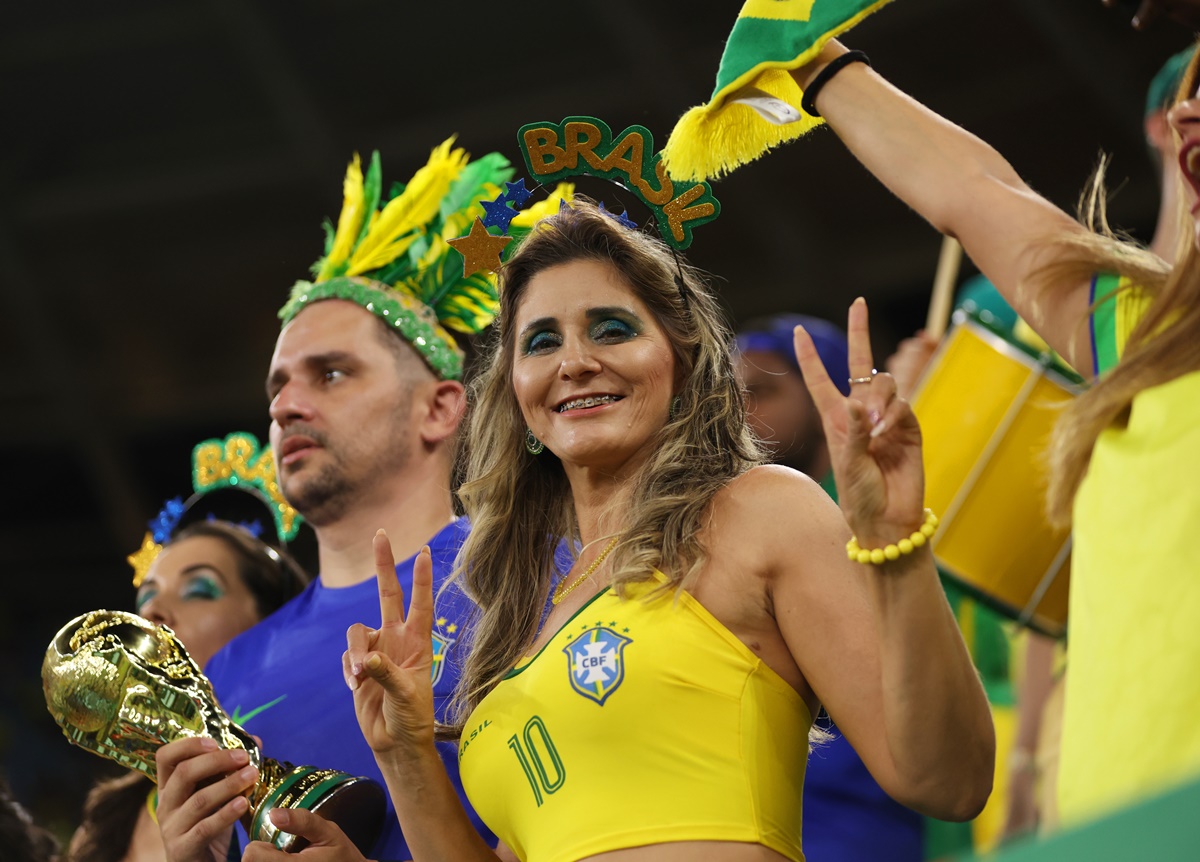
NFL’s Historic Game in Brazil: Green Dilemmas and Security Concerns
As fans of American football gear up for the NFL’s inaugural regular-season game in Brazil, a storm of controversy has emerged surrounding player regulations and security measures. On September 6, 2024, the Green Bay Packers will face off against the Philadelphia Eagles at Corinthians Arena in São Paulo, marking the first time the league has ventured into South America for a competitive matchup.
 The excitement builds as the NFL prepares for its first game in Brazil.
The excitement builds as the NFL prepares for its first game in Brazil.
Green Warnings: Behind the Color Controversy
Recently, Packers running back Josh Jacobs shared alarming insights from the league regarding attire during the upcoming game. On his appearance on former NFL star Chris Long’s podcast, Jacobs mentioned that players had been advised against wearing green while in Brazil, citing safety concerns tied to gang affiliations with the color.
“They said that the part of Brazil we’re going into, you can’t even wear green… they said it’s one of the places where they probably won’t even let us leave the hotel,” Jacobs elaborated, expressing disbelief at the security protocol put in place.
The concern seems to relate directly to the intense soccer rivalries in Brazil, particularly between the Corinthians—where the game will take place—and their rivals, the Palmeiras, who wear green uniforms. This rivalry has fostered an “informal ban” on the color green within the Corinthians fan base, evidenced by one instance where the club fined a player for sporting green cleats. It’s a cultural nuance that Jacobs and the NFL are now being forced to navigate.
 Green has its complications in Brazilian soccer culture.
Green has its complications in Brazilian soccer culture.
NFL’s Response to Security Claims
Despite Jacobs’ claims, NFL Chief Spokesman Brian McCarthy later refuted the narratives surrounding the security measures and the restriction on green attire. According to McCarthy, the notion that players would face limitations about their uniforms in Brazil is “false.” Furthermore, McCarthy emphasized that extensive planning and security arrangements are standard procedure for international games, reaffirming the league’s commitment to player safety without specifically detailing the security protocols in place.
This marks a significant transition for the NFL, which is diving into a market that, while vibrant and enthusiastic about soccer, presents unique challenges in the realm of American football.
Logistics and Player Sentiments
The logistics surrounding the game are decidedly complex. In preparation for this international showdown, teams will be staying in São Paulo, and Jacobs noted that there’s skepticism among players about the travel arrangements.
“They probably gonna have like armored vehicles following us… I was looking forward to it; I’m like, man, this ‘bout to be a fun week,” Jacobs said, reflecting the stark difference of expectations versus reality in terms of the overall experience.
As both teams are steeped in the culture of wearing green, the discussion about jersey colors only adds to the mounting intrigue about how the matchup will unfold. With the Eagles designated as the home team, figuring out an acceptable color schema for both squads could prove challenging, as not wearing their signature colors brings forward awkward tactical dilemmas—particularly for the Packers, who might have to consider radical adjustments.
 Teams are on high alert for their Brazil debut.
Teams are on high alert for their Brazil debut.
Cultural Context and Historical Significance
This game holds far more than just competitive stakes; it symbolizes an NFL push to globalize the game and tap into fervent soccer markets. Brazil, having successfully hosted the FIFA World Cup in 2014 and the Summer Olympics in 2016, presents a unique opportunity for American football to carve out its niche within an already saturated sports landscape. The appeal of the NFL in Brazil is palpable, yet caution must be exercised as teams navigate a culture and environment vastly different from the gridiron.
In attempting to expand the NFL’s brand, the league must tread carefully, ensuring that players can participate without compromising their safety and well-being. Moreover, the NFL has long acknowledged these trepidations before entering international markets, often backed by expansive planning yet caught in unexpected hurdles, as seen with Jacobs’ comments.
Community and Fan Engagement Strategies
One vital component of making the NFL’s first game in Brazil a success will involve fan engagement strategies. The league has made strides in connecting with international audiences through various digital platforms, but gaining the support of local fans remains pivotal. Communicating an understanding of Brazilian culture—such as soccer rivalries and regional customs—will be critical in building a fruitful relationship between the NFL and its new fan base.
Final Thoughts
As the kickoff date approaches, excitement mingles with concerns over security and cultural nuances, raising questions about how both players and fans will adapt to this new landscape. The Pittsburgh Steelers famously embraced the “Terrible Towel,” and likewise, the NFL must consider how to blend its football culture with the Brazilian ethos while recognizing and respecting local identities. Overall, the success of this game could pave the way for more international events in the future, but a careful balance must be struck to ensure player safety and cultural respect.
 NFL aims to win over Brazilian fans.
NFL aims to win over Brazilian fans.














